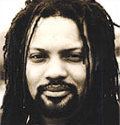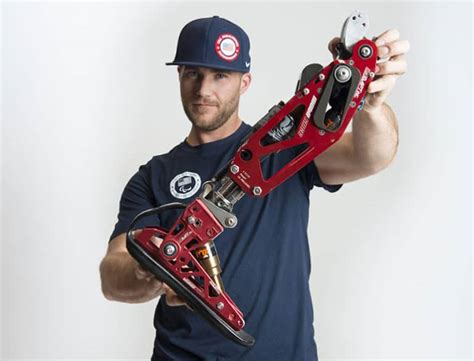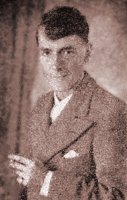A Quote by Marian Wright Edelman
It's the new slavery. It came out of the drug laws and it really is something we're going to have to confront, but I don't see enough people up in arms about that. We need to be.
Related Quotes
When we were doing the "Angel Dust" thing we got information from the National Institute of Drug Abuse because we knew that if we went out and said something about angel dust people were going to ask questions about it and we wanted to be sure we had all the information to deal with it when those questions came up. So it's all a question of being as prepared as possible out front, so that if you are going to deal with information it'll be correct. A lot of people won't check it out but some people will.
When a drug comes out [that's broadly prescribed] there are going to start to be a lot of people on it [in a million person cohort] and you might get therefore an early signal of something unexpected that hadn't come through in the clinical trials. And I'm sure [drug companies] would love it if, in fact, FDA, recognizing that, would say, OK, maybe you don't have to do your trial with 30,000 people because we're going to find out shortly after registration because we'll have a lot of people taking the drug and we'll be able to see what happened using PMI.
The greatest number of drug addicts are to be found in Teheran and in Karachi, not in the West. Not in New York believe it or not. It's the same with the roles of slavery, racism and imperialism in the world. These institutions were present in other cultures. However, it was Western civilization which did something about slavery, about racism and voluntarily dissolved its empires leaving behind a very positive legacy of institutions not to mention buildings and roadways.
I was trying to develop a completely new, nonvoyeuristic approach to the female body as something other than a visual object. I wanted to find out what happened when you leave behind the voyeuristic mode and confront people with reality. But that's what was so interesting for me to discover: People don't want to see reality. It's a pretty simple idea, really, this question of how we deal with reality. When something is constructed, when it's projected onto a screen, it's acceptable, but it's different when it's there in front of you in a public space.
For me, writing music is a way of processing the world. It's not a concrete thing, as in, "This piece is about giraffes." It's much more of an emotional sort of thing. I want people to find something out about themselves through my music, something that was inaccessible before, something that they were suppressing, something that they couldn't really confront.
At Pinetop I just studied music, and there was no pressure to look any certain way, and so being able to sing and play guitar was enough. But when I came out to L.A., there's a whole image that you put out there and people really feed off of that because of social media platforms. And sometimes someone will see a picture of me before they hear one of my songs. It's really important to have it all figured out so that you can portray what you want people to see.
In really good companies, you have to lead. You have to come up with big ideas and express them forcefully. I have always been encouraged -- or sometimes forced -- to confront the very natural fear of being wrong. I was constantly pushed to find out what I really thought and then to speak up. Over time, I came to see that waiting to discover which way the wind was blowing is an excellent way to learn how to be a follower.
There are some really great books that have been written about slavery, but I don't think that the discourse about it in society has been very accurate or healthy. I don't think we've come up with ways to tell it that don't insult people or hit them in the wrong way. Part of the problem is that most people don't really understand what slavery was anyway. Most white people didn't own slaves. Slavery was a way of life, just like driving cars is a way of life now. It doesn't mean that it was right.






































